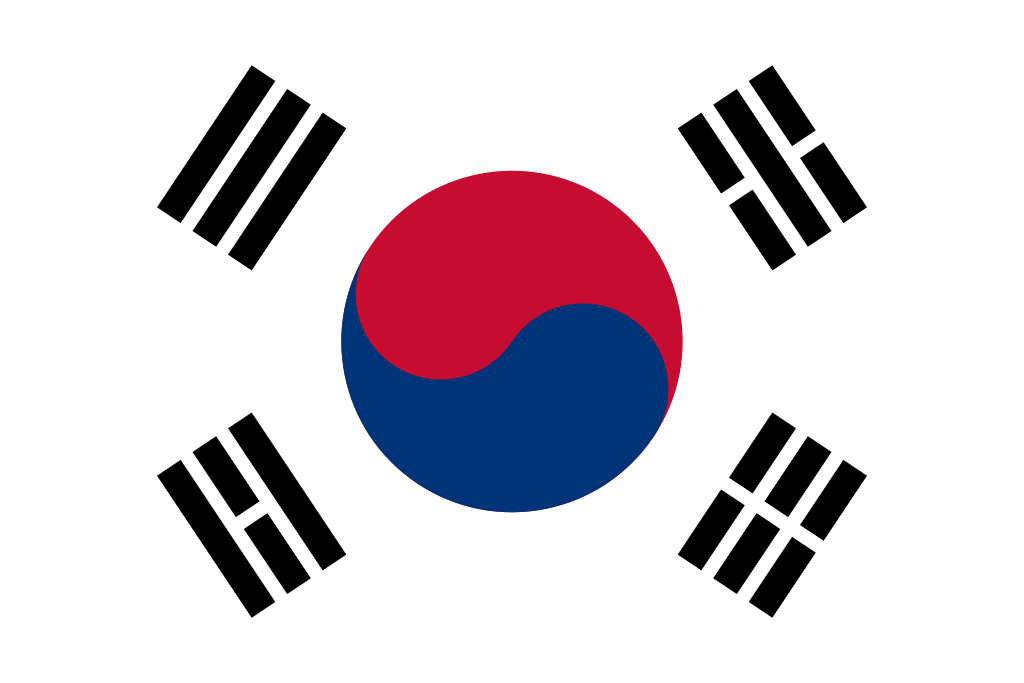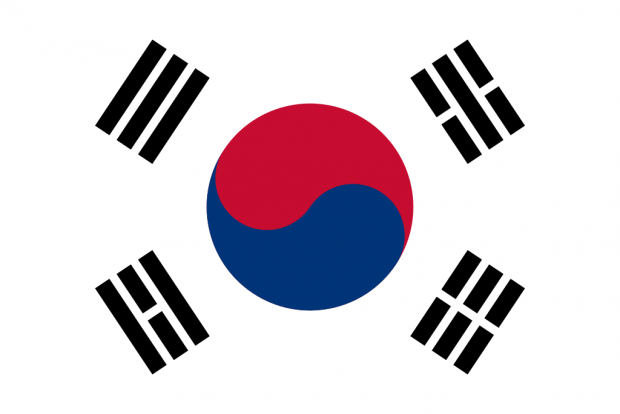
Importance of next Korean president
As no major change on North Korean policy is likely during the remainder of the Park government or under a Hillary Clinton administration, it is critical for South Korea to elect the right person as next president in December 2017 to remove fear of war and enhance the well being of people on both sides of the division.
The third and final American presidential debate ― delivering a vicious exchange of personal insults between the two major candidates ― ended in an international embarrassment, raising a question about the integrity of democratic transition of power, with Donald Trump saying he may not accept the results of the election, depending on how it turns out.
The debate was held after weeks of Trump falling behind Clinton in polls by a margin of seven to 11 points. The mainstream media again declared Clinton the winner of the debate. If you believe media reports, there is no way Trump can turn around his plight of doom.
Most pundits predict the polls are likely to hold, or turn out even better, for Clinton in the remainder of the campaign. They indicate it is a foregone conclusion that Hillary Clinton will be the next president of the United States.
Nevertheless, election results often come as a surprise, contrary to widely accepted polls and predictions. Many Trump supporters still believe there are millions of hidden voters who don’t respond to polls but will vote for Trump. Only November 8 will tell.
Trump has claimed that the election is being rigged, accusing the mainstream media of colluding with the Clinton campaign to elect her. Trump seems to have legitimate grounds for complaining that the media is focusing on his problems, either with womanizing or imprudent comments he made during the campaign.
Trump has emphatically denied allegations of disrespect for women and sexual assault. The Trump campaign suggested a conspiracy behind the timing of disclosing a tape of his lewd conversation and a multitude of testimonies of several women who came forward afterward.
Trump complains that the media is not reporting enough on Clinton’s problems with emails ― for which he said she should go to jail, “pay for play” donations to the Clinton Foundation, her “open border” statement, and her support for Bill Clinton in disregard of the rights of the women involved in the Clinton scandals, which were far more notorious than Trump’s alleged entanglement with women.
Clinton attacks Trump’s temperament as “unfit to the presidency”. There was enough material for Clinton to exploit, much of which was provided by Trump himself. Trump’s 촘character was Clinton’s major campaign theme, not a competition in policy. Many Republican politicians do not support Trump, and more of them are abandoning him.
Then he is not a conventional Republican candidate; he is an anti-establishment candidate against Washington, offering a stark contrast to his opponent’s policy. He is a candidate for change from politics and policies that do not serve the people. His positions are clear on many issues, including immigration, the second amendment, new Supreme Court justices, tax reform, trade, jobs and growth, military, law and order and how to fight ISIS.
A Clinton administration would probably stay the course on Korea as pursued by the Obama administration. Clinton would likely keep strengthening diplomatic pressure, enhancing the deterrent, and tightening sanctions against the North. North Korean behavior is bad, but it is unlikely to change because of more pressure.
Last week’s meetings in Washington, including the 2+2 meeting between foreign and defense ministers of South Korea and the U.S. and the Security Consultative Meeting, reaffirmed “an ironclad U.S. commitment” to defend its allies with the full spectrum of U.S. military capabilities against North Korean threats. At the 2+2 meeting, it was agreed to establish a high-level Extended Deterrence Strategy Consultation Group, a forum that would address the North Korean nuclear threat while making sure that South Korea will not go nuclear.
At last Wednesday’s debate, North Korea was not a subject of discussion. However, Trump denied that he had said Japan and South Korea should develop their own nuclear weapons to defend themselves, contradicting statements he made earlier in the campaign.
He reiterated that the agreements with South Korea and other U.S. allies should be renegotiated, “because our country cannot afford to defend these countries” who have “the bargain of the century … we are spending a fortune doing it.”
Trump has flip-flopped on North Korea several times. It is not clear exactly what he wants to do with the North Korean nuclear issue. Still, there is a hope that a President Trump might listen to new recommendations from his advisors to take the right path to a negotiated settlement of denuclearization.
To change North Korea, Seoul and Washington must change first. The transition of power in South Korea in 2017, regardless of who wins the U.S. presidency next month, will determine the fate of war and peace on the Korean Peninsula. In a year and two months, South Korea will elect a new president who must avoid war and seek peace and stability.
In the meantime, both the North and the South should stop talking about a preventive strike or destroying each other. Pyongyang should discontinue personal attacks with rude and vulgar language on President Park. This does not help Pyongyang’s own interest.
A wise, new leadership of South Korea can and should influence Pyongyang and Washington positively for the benefit of all concerned. South Korea should be able to “say no” to Washington or Beijing if they are not helpful to South Korea’s own interest. What’s your take?



